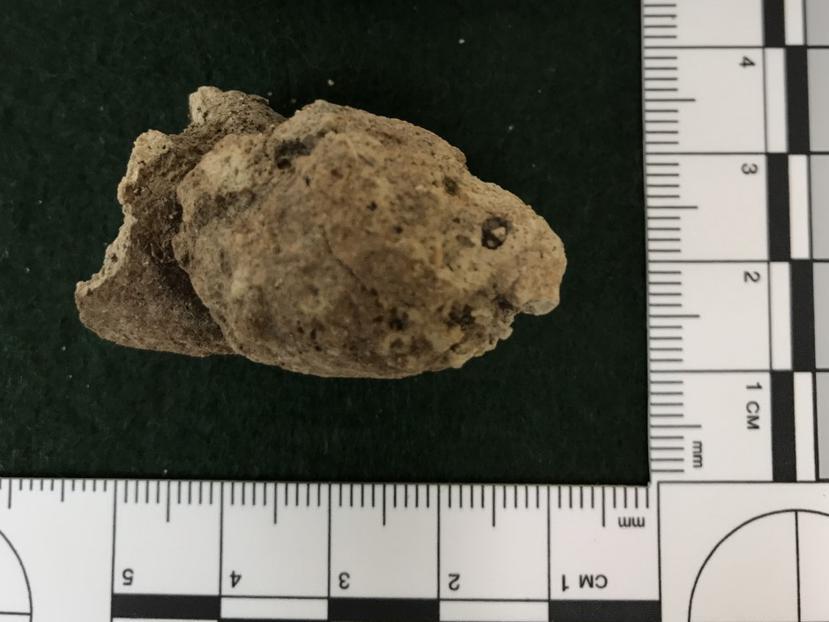CienciaPR Contribution
No
Original Source
By
Bonny Ortiz Andrade
Image

In the research, UPR scientists analyzed coprolites from the huecoid and saladoid communities, co-inhabitants of Vieques, and others found in various countries. (Provided)
Researchers at the University of Puerto Rico (UPR) studied mummified fecal remains (coprolites) of two extinct pre-Columbian cultures that inhabited the island and, when compared with samples from native communities that still exist and urban communities in other parts of the world, found that the diversity of microscopic fungi (mycobiome) in the intestines of the first settlers was lower than in the current ones.
Read the full story in the spanish version.
Content Categories
